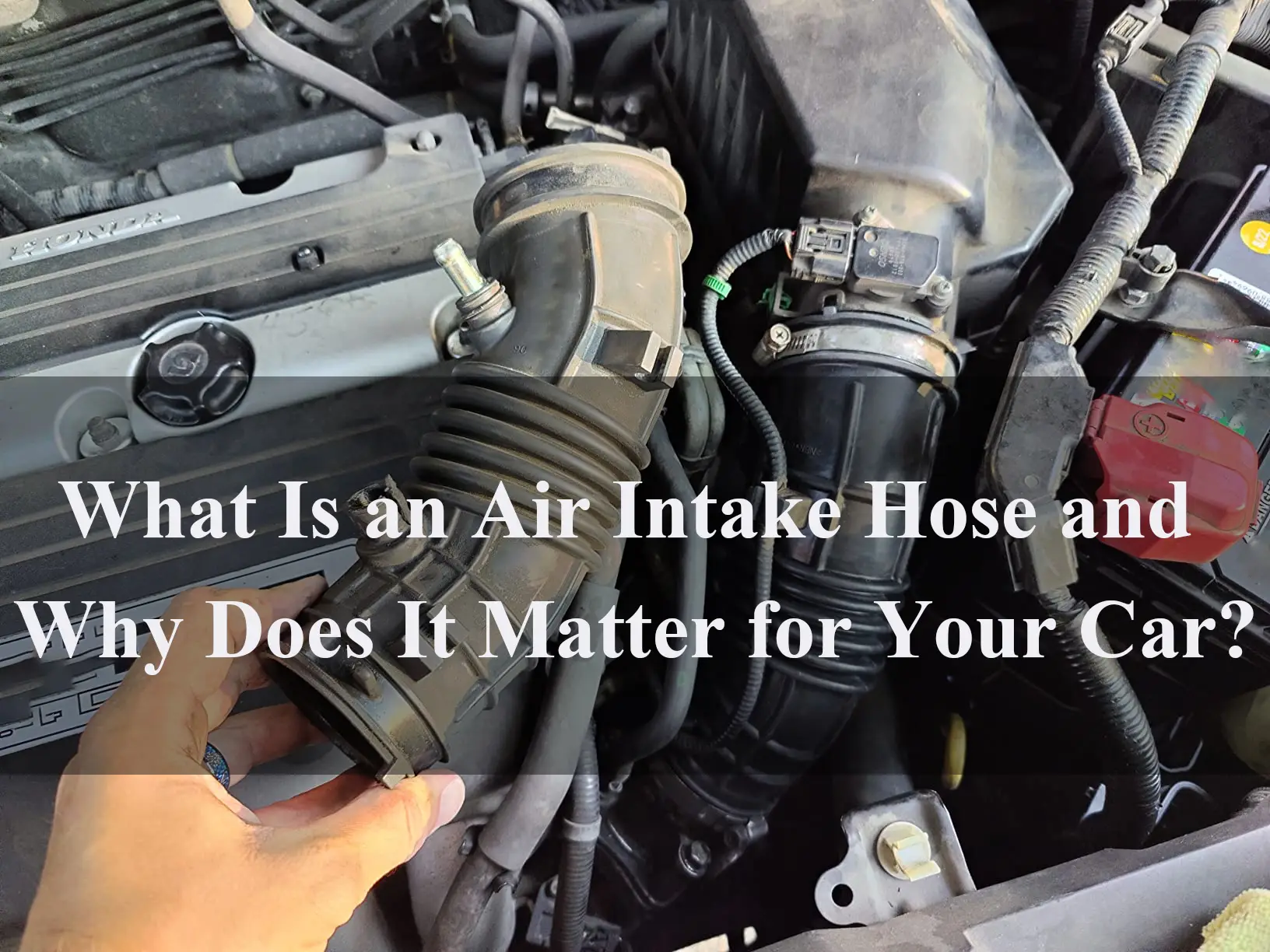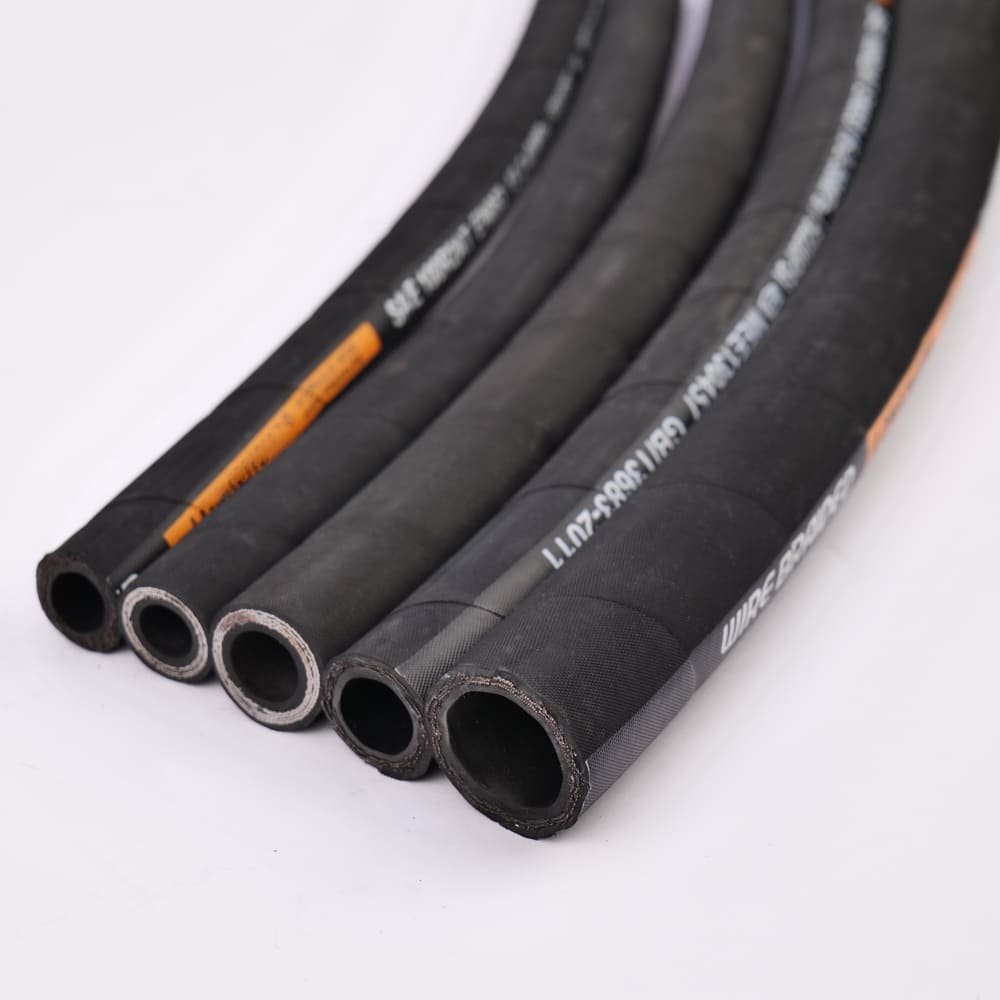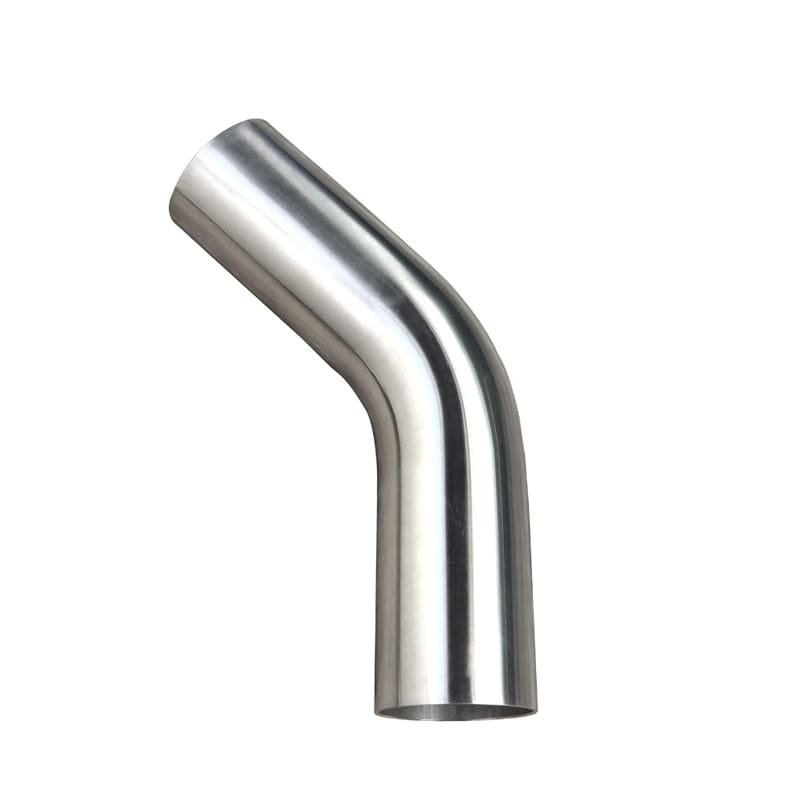When it comes to picking out a hose material for your fuel lines in your car or in your industrial application, it’s really important to pick the right kind of hose because if you don’t, you’re going to end up with leaks, you’re going to end up with contamination and you could even end up with catastrophic failure. Today, we’re going to talk about whether or not silicone hoses are good for fuel and we’ll talk about some other options you might want to consider depending on your needs.
No, standard silicone hoses are porous and not suitable for oil or fuel. They will break down when exposed to fuel, causing leaks and potentially ruining your system. For fuel, you have to use hoses that are designed to withstand the chemical properties of the fuel.
Knowing the limits of silicone hoses and finding suitable alternatives will help you stay safe and efficient in your fuel system. Let’s get into it.
Can silicone hose be used for fuel?
Standard silicone hose doesn’t work for fuel. The material is porous, so it can absorb fuel and break down over time. There are some specialized silicone hoses with flurosilicone liners that offer some resistance.If you need flurosilicone hose , please contact us!
Can silicone heater hose be used as fuel line?
Nope, regular silicone hoses aren’t good for oil. Just like they don’t work for fuel, there are a few reasons why silicone hoses aren’t the best for oil:
- 1. Porosity: Silicone hoses are porous, which means oil can seep through the material over time. This can lead to the hose breaking down and potentially leaking.
- 2. Chemical Compatibility: Oils, especially petroleum-based oils, can make silicone swell and break down. This is because silicone does not resist oils chemically.
- 3. Temperature Resistance: While silicone hoses are known for their high-temperature resistance, this alone doesn’t make them suitable for oil. The chemical interaction between oil and silicone can still break down the hose.
- 4. Safety Risks: Using silicone hoses for fuel lines can be very dangerous. If fuel leaks out, it can cause fires and damage the environment, your vehicle, or your equipment.
In summary, while silicone heater hoses are great for high-temperature coolant systems, they’re no good as fuel lines because they’re porous and don’t play well with fuels. Use fuel-resistant materials for your fuel system to be safe and make power.
Alternatives to silicone hoses for fuel:
When selecting a hose for fuel applications, consider the following alternatives:
- 1. Nitrile rubber: Good for fuel resistance and bending.
- 2. Special Lined Hoses: There are special silicone hoses with fluoroelastomer (FKM) liners that are better at resisting oils. These lined hoses are designed to handle the chemical properties of oils better than standard silicone hoses. However, even with these liners, they are generally recommended for specific applications and not for extensive or long-term use with oils.
Summary:
In summary, silicone hoses are great for a lot of things, but they’re not good for fuel lines because they’re porous and don’t like fuel.





